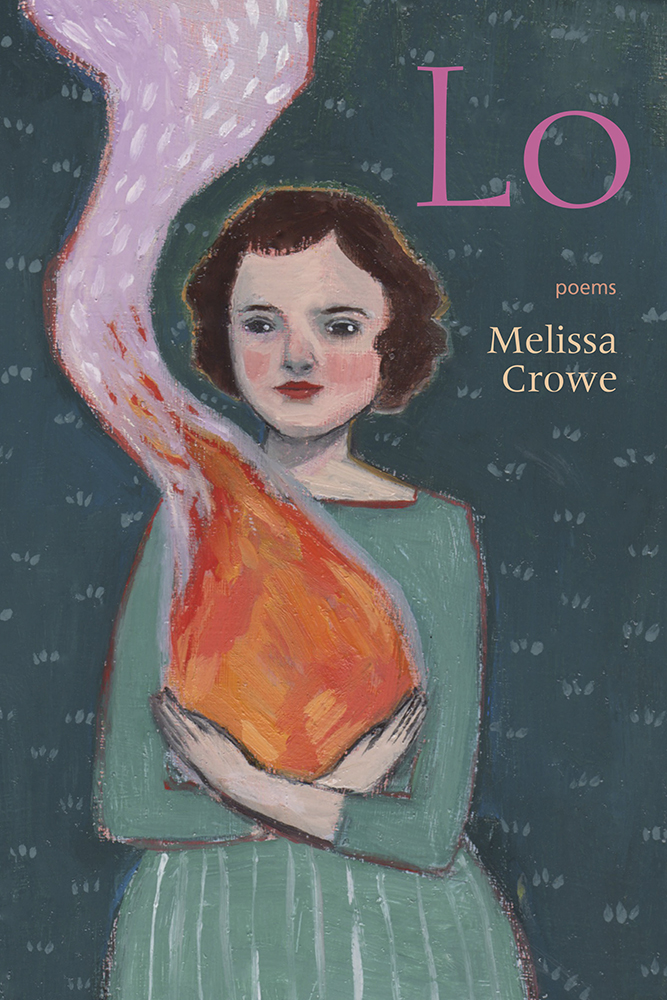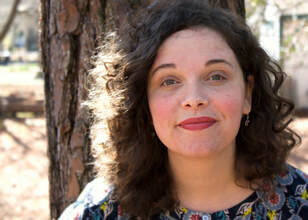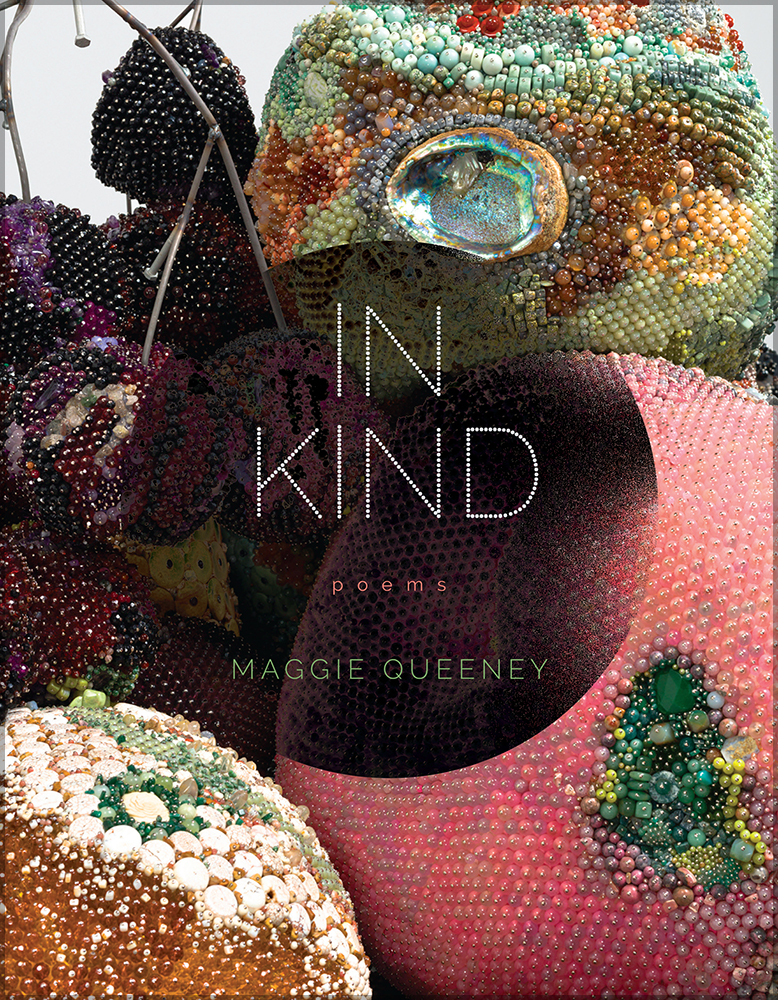***This is the last review that will be published on Savvy Verse & Wit; please subscribe to Substack.

Hardcover, 312 pgs.
I am an Amazon Affiliate
Jane and the Final Mystery by Stephanie Barron (book 15) is the final installment in the series of mysteries in which Jane Austen herself uses her ability to read a room and ask the right questions to solve a murder. As each book is a mystery unto itself, you don’t necessarily need to reach them in order, but they do follow Jane Austen’s timeline and if you don’t know what happens to Jane in real life, you may want to begin at the start of the series because this one is the last.
Readers, like me, will not want to read this novel too quickly because we know that Jane’s life is nearing its end, but we cannot help but turn the pages in Barron’s story to find out who did murder the boy at Winchester College.
“Elizabeth and her deep anxiety for her son were much in my thoughts in the days that followed her visit; but it was not until two months later, and from a very different source, that I was to hear of actual violence at Winchester College — and the death of an unfortunate schoolboy.” (pg. 15)
Barron does well the show us how Jane may have suffered from her illness and the care she would have received from family members along the way, but we also see how determined Jane is and how dedicated to truth and family she continues to be despite all the pain. Barron also clearly has researched the time period very well, and she includes footnotes for those who need a little clarification, which I appreciated.
William Heathcote, the son of Jane’s friend Elizabeth, has been bullied at Winchester, but what Jane soon learns about life at the college will make teasing in today’s world seem less dire. Boys are shoved into canals and sluice gates opened so they flow into the canal and river, and so much more. Hazing is taken to a whole new level, but it isn’t just about fitting in. Sometimes rivalries can stem from classism and social ostracism. When William is accused of murder, Jane and her nephew, his friend, get to work on clearing his name.
Jane and the Final Mystery by Stephanie Barron is a page-turner. I couldn’t put it down. I had to unravel the mystery with Jane and her nephew, even though it broke my heart to see how much pain she had to deal with. Barron knows how to weave a historical tale that will leave readers wanting more.
RATING: Cinquain
Other Reviews:

Stephanie Barron is a graduate of Princeton and Stanford, where she received her Masters in History as an Andrew W. Mellon Foundation Fellow in the Humanities. Her novel, THAT CHURCHILL WOMAN (Ballantine, January 22, 2019) traces the turbulent career of Jennie Jerome, Winston Churchill’s captivating American mother. Barron is perhaps best known for the critically acclaimed Jane Austen Mystery Series, in which the intrepid and witty author of PRIDE AND PREJUDICE details her secret detective career in Regency England. A former intelligence analyst for the CIA, Stephanie—who also writes under the name Francine Mathews—drew on her experience in the field of espionage for such novels as JACK 1939, which The New Yorker described as “the most deliciously high-concept thriller imaginable.”; She lives and works in Denver, Colorado. Follow her on Facebook, Instagram, Pinterest, and GoodReads.


 About the Poet:
About the Poet:
 About the Poet:
About the Poet:
 About the Poet:
About the Poet:
 About the Poet:
About the Poet:
 About the Poet:
About the Poet:
 About the Poet:
About the Poet:
 About the Poet:
About the Poet:
 About the Author:
About the Author:
 About the Poet:
About the Poet:
 About the Poet:
About the Poet:
 About the Poet:
About the Poet:


